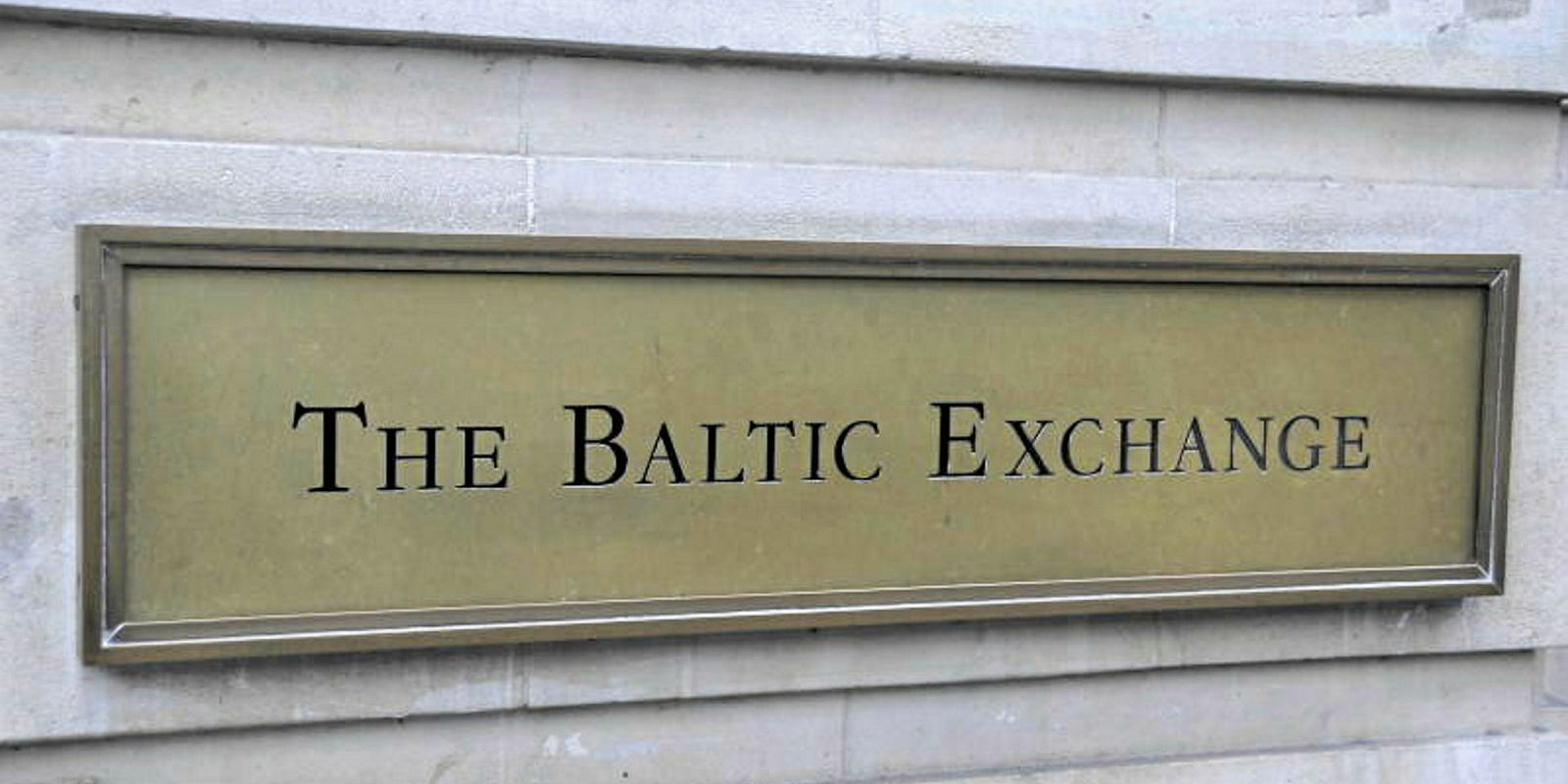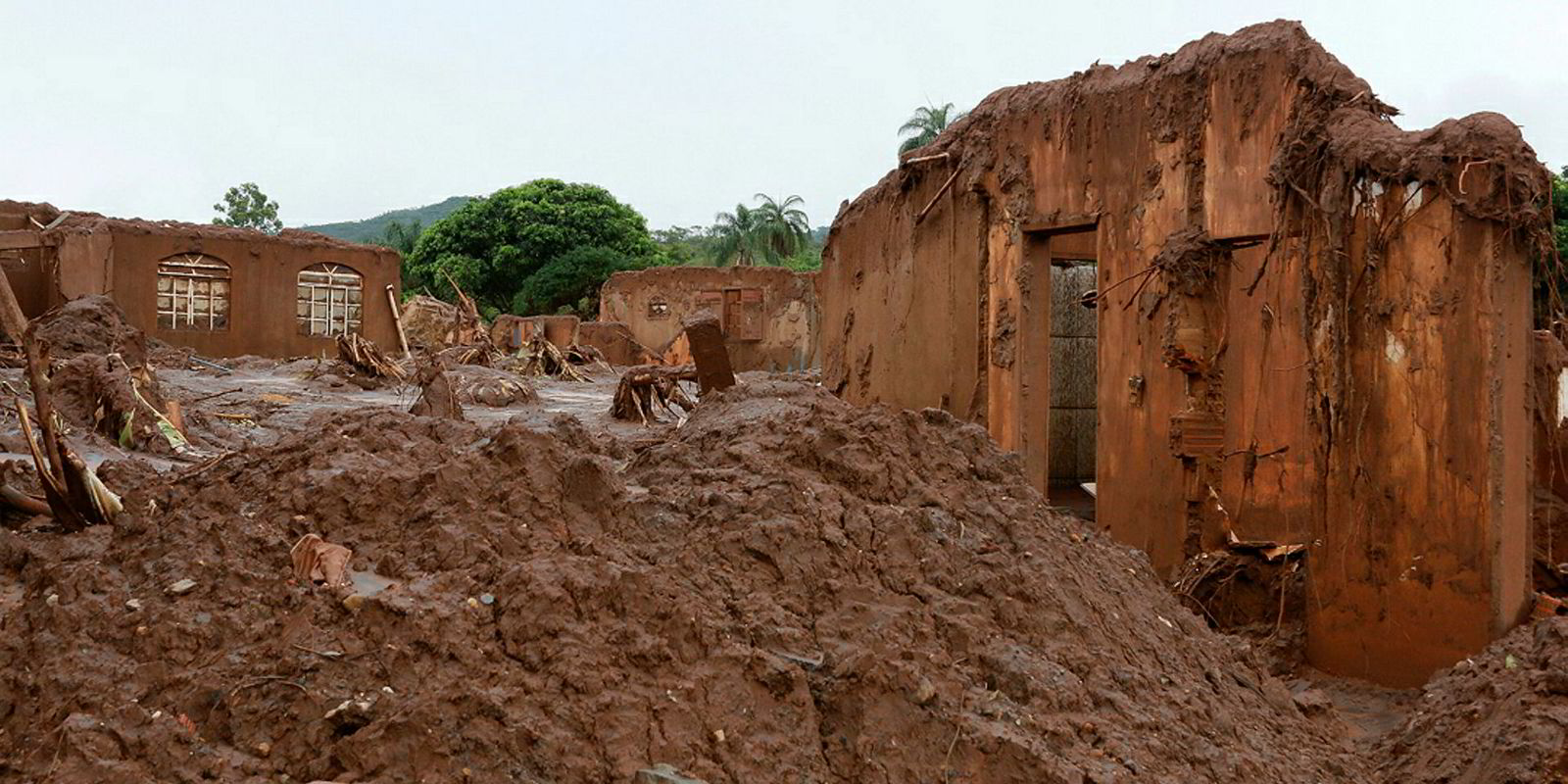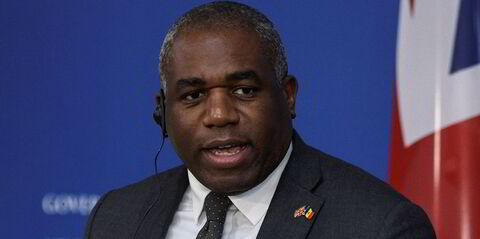The English High Court has told Malaysian steel maker Lion Diversified Holdings it cannot declare force majeure to evade its liability to George Economou-controlled shipowner Classic Maritime for failing to perform on a series of capesize voyages in a contract of affreightment.
But in a complicated 17,500-word ruling last week, the court also disappointed Monaco-based Classic Maritime by ruling it cannot recover substantial damages on the three highest-priced voyages, worth $20m.
Brazil's dam disaster
The voyage defaults followed a deadly 2015 dam disaster that wiped out the supply of iron pellets by Lion’s supplier, Brazilian miner Samarco Mineracao, a joint venture between BHP Billiton and Vale. The incident also severely constricted world iron ore supply and left the Tubarao operations of Vale as Lion’s only alternative supplier in Brazil.
But Lion’s operations were under heavy pressure from Chinese dumped steel at the time, with its plants operating only intermittently. Meanwhile, Vale favoured supplying Asian customers from its Oman plant, leaving Classic Maritime no business for the Brazil-to-Malaysia COA.
Classic Maritime’s setback is compounded by the fact that the non-performed voyages and their high rates were originally intended as part of the settlement of a previous even bigger COA dispute that dates back more than a decade.
Classic Maritime president Jacob Fentz was travelling this week and unable to comment immediately on the court decision.
Classic Maritime’s lawyers had called for the judge to find Lion affiliate Limbungan Makmur liable and argued that excusing it from substantial damages was an “impermissible sleight of hand”.
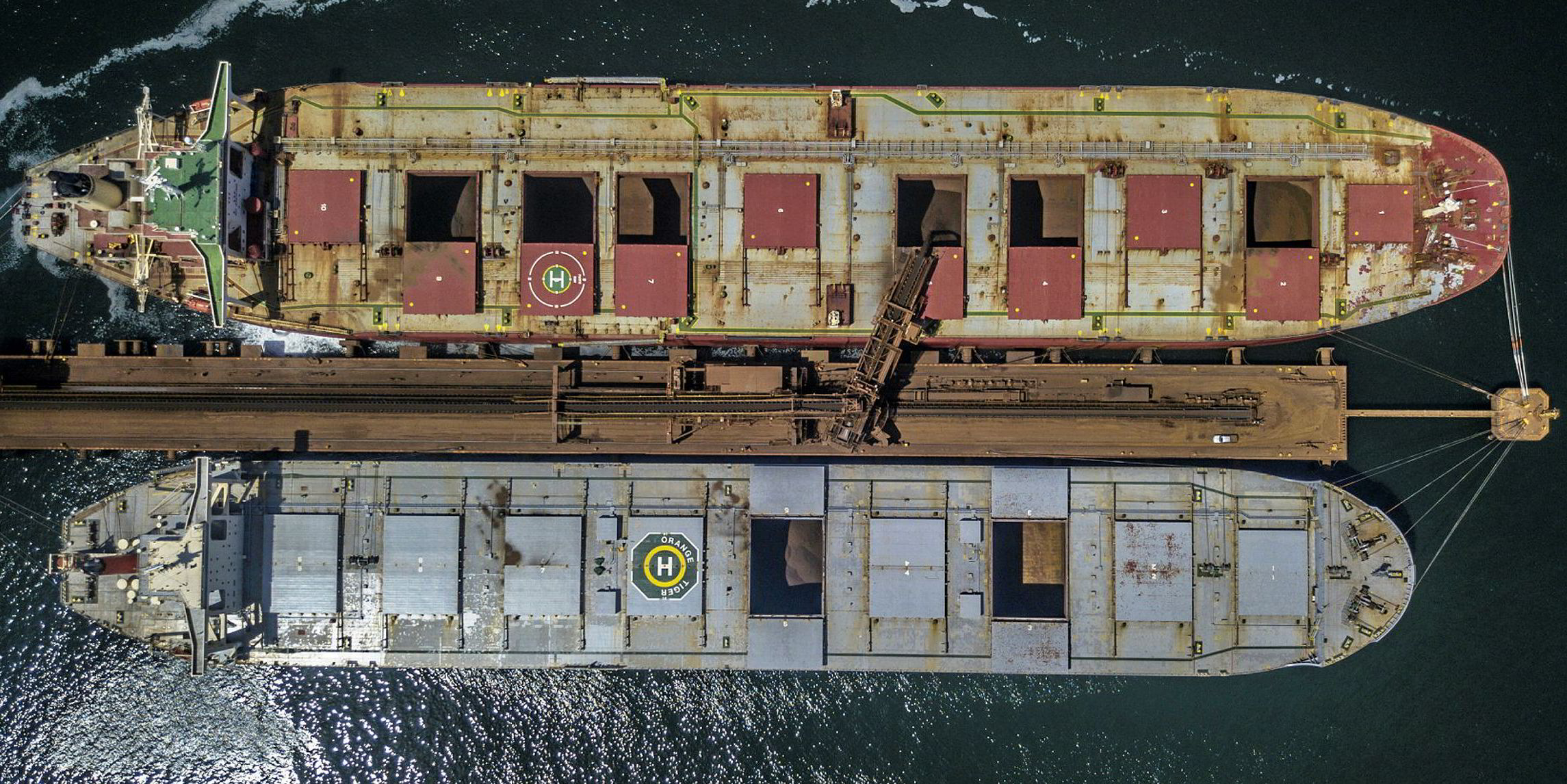
In his ruling, Justice Nigel Teare rejected this position: “Classic cannot be put in a better position than it would have been in had Limbungan Makmur been able and willing, but for the dam burst, to ship the required cargoes.”
Lion Diversified’s fight with Classic Maritime goes beyond the five voyages considered in the ruling. The dispute encompasses 21 Brazil-to-Malaysia voyages, two of which had already been resolved in a separate judgment and 14 of which are to be litigated in another action.
Contract hiccups
TradeWinds reported in 2009 on legal action by Classic Maritime against Limbungan Makmur after hiccups in a six-year, 45-voyage COA signed in 2008 worth up to $408m.
A new 51-voyage COA was arranged in 2009 by way of settlement, under which some voyages were to be done at indexed rates and others at a whopping $45.50 per tonne.
The voyages that are the subject of the current ruling were to have taken place between December 2015 and June 2016, when comparable market freight was less than $7 per tonne.
On 5 November 2015, however, Samarco’s Fundao tailings dam in south-east Brazil collapsed, causing floods that wiped out the village of Bento Rodrigues and carried toxic mining waste to the sea. In addition to the loss of at least 17 lives, the flood cut worldwide iron ore pellet supply by 25 million tonnes, or 20%, according to an expert witness cited in the High Court case. Samarco’s load port of Ponta Ubu was impossible to resupply.
But the shipowner and charterer differed on whether the dam disaster was the real reason for the non-performance of the five voyages. Chinese dumping of steel products had already caused intermittent production closures at Lion Diversified’s Lion DRI mill at Port Kelang in Malaysia and then its permanent closure in February 2016. Another Lion group company, Antara Steel Mills at Labuan, was also in intermittent operation.
Antara and Lion Diversified had COA arrangements with different shipowners, but cooperated on supplies and shipments on an arm’s length basis.
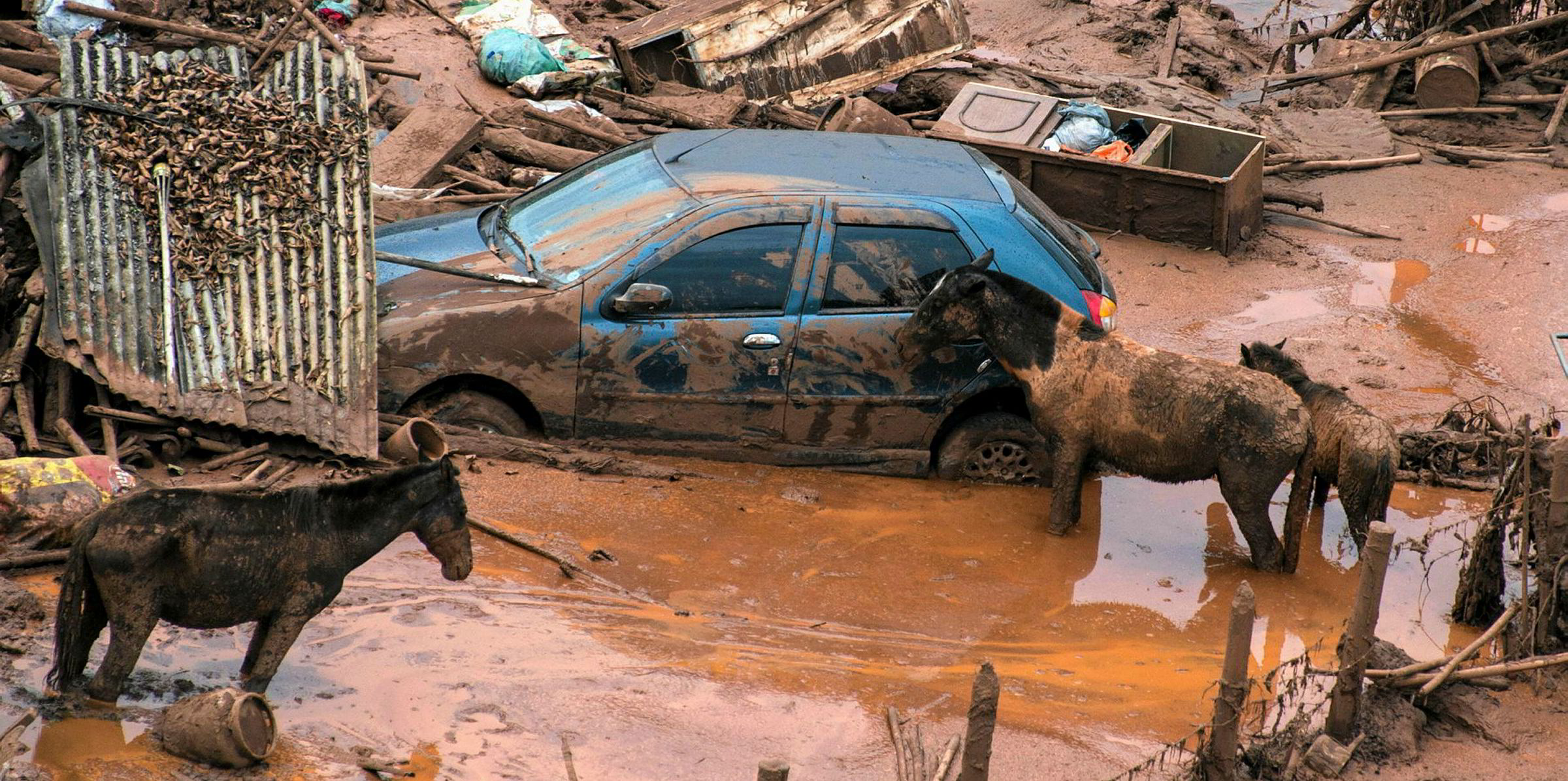
Antara sold hot briquetted iron to the open market, while Lion Diversified supplied exclusively to another Lion group affiliate, Megasteel, which eventually closed as a result of the Chinese dumping.
Antara’s 2008 COA with Pacific Carriers was at a rate of $23 per tonne, which Classic Maritime’s lawyers reckoned would have been a factor in sister company Lion Diversified’s performance.
Lion Diversified was delisted from the main market of the Bursa Malaysia stock exchange in March this year after two years in “PN17” status for financially troubled companies, although it is thought to exist as an unlisted entity. Investor contact officials did not respond to a request for comment.

